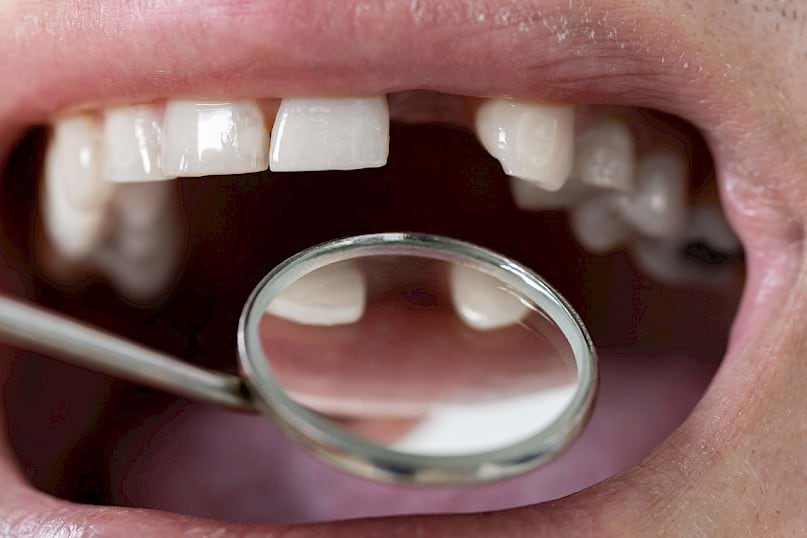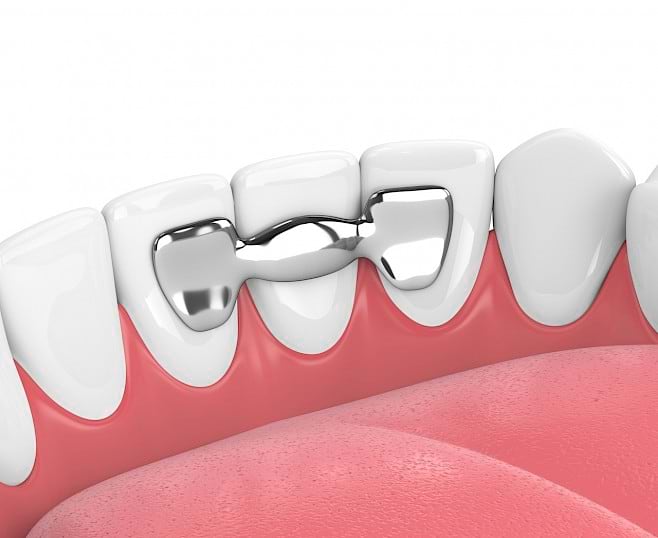Missing Teeth: What Can You Do About It?

If you have missing teeth, there's a good chance it affects your confidence and overall oral health.
To take care of your teeth and get your smile back, you need to know what's wrong and how to fix it.
The good news is that there are several options to fill in gaps, whether they're large or little.
Causes of Missing Teeth
There are many different reasons that a person may lose one or more teeth.
Tooth decay, which can eventually render a tooth irreparable, is a leading cause of tooth loss.
Another common reason teeth fall out is gum disease, which damages the tissues that keep teeth in place.
Furthermore, physical trauma, such as an accident or a sports injury, may lead to the loss of teeth.
Hypodontia is one of many congenital disorders that prevents the development of certain teeth in some people.
Systemic illnesses, such as osteoporosis, can also cause tooth loss by gradually weakening the jawbone.
It is essential to identify the underlying reason to choose the appropriate therapy and avoid further complications.
Effects of Missing Teeth
The loss of even one tooth can drastically alter one's smile and ability to speak properly. People with gaps in their smiles may feel self-conscious and reluctant to grin or speak out in social situations.
When teeth fall out, it may be difficult to chew food properly, which might affect a person's eating habits.
As time goes on, adjacent teeth may move into the gaps, leading to misalignment and biting issues.
Another consequence of tooth loss is a sunken face; this happens because the jawbone around the cavity weakens from lack of stimulation.
Treatment Options
There are many types of treatment available for tooth loss.
Dental implants are a popular option because they replace the tooth's root and crown simultaneously, offering a permanent solution.
If you have multiple teeth missing in the same location, a bridge might work better.
Bridges improve the patient's function and aesthetics by anchoring to neighboring teeth.
Dentures, either partial or full, are a removable and less expensive substitute for dental implants. Some people choose implant-supported dentures, which blend the stability of implants with the covering of dentures, when they want to keep their natural teeth.
If you want your treatment plan to be unique to your requirements and tastes, talk to your dentist.

Prevention
Maintaining good dental hygiene, which involves brushing twice a day and flossing once a day, is the primary defense against tooth loss.
Staying away from harmful habits like smoking is a crucial step in preventing both tooth loss and gum disease.
Wearing a mouthguard while playing sports or engaging in other high-impact activities may further protect teeth from harm and protect them from loss.
To detect issues early, it is vital to get regular dental examinations.
Conclusion
Advancements in modern dental procedures make it simple to restore beauty and function when teeth are missing. Regardless of the underlying cause, a dental expert can help you choose the best course of action.